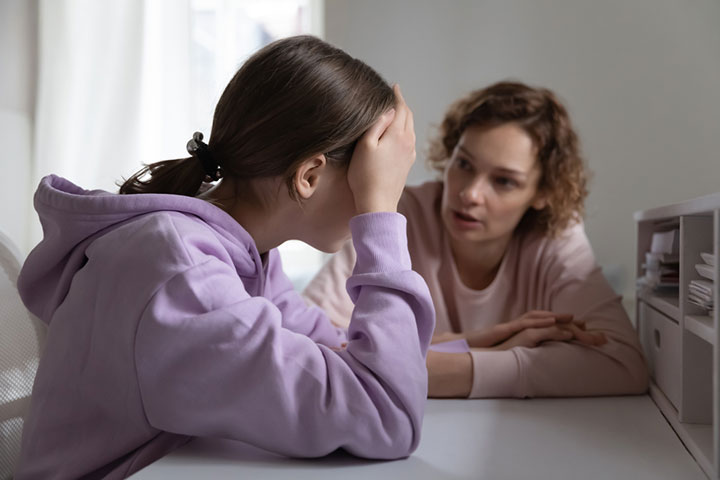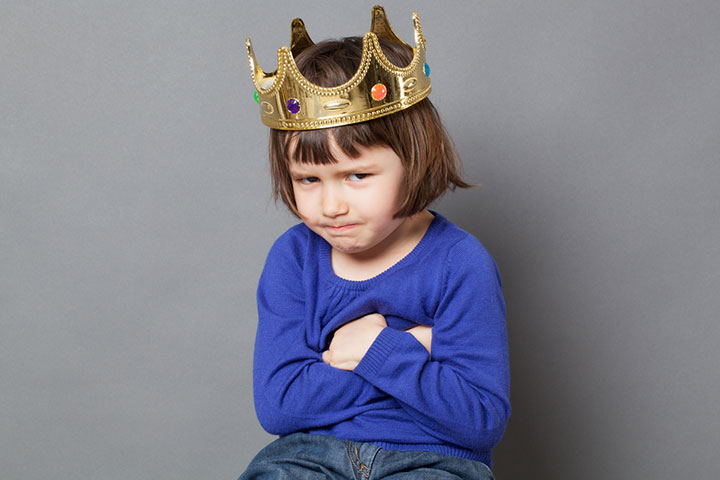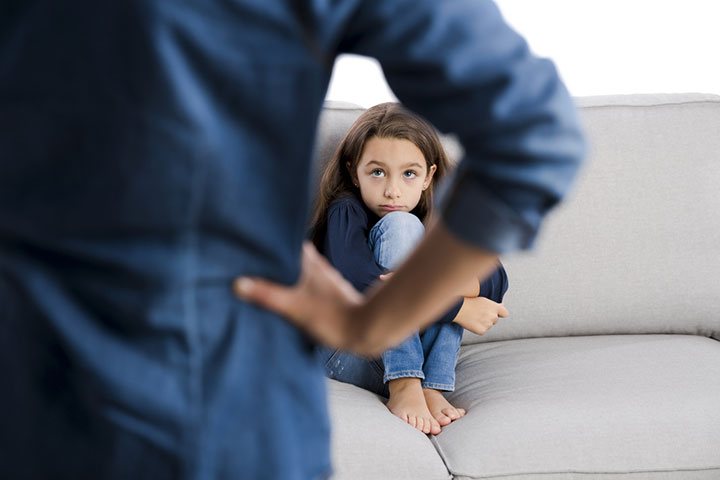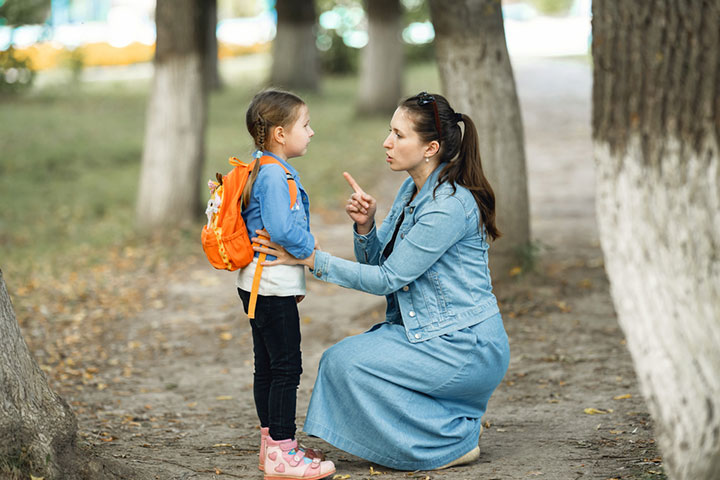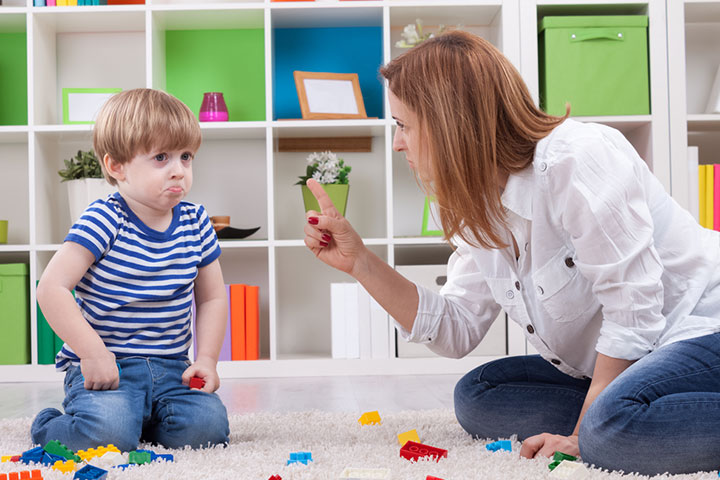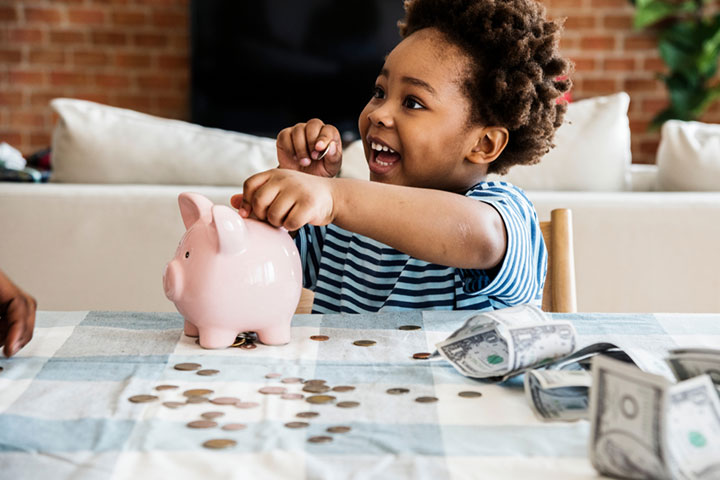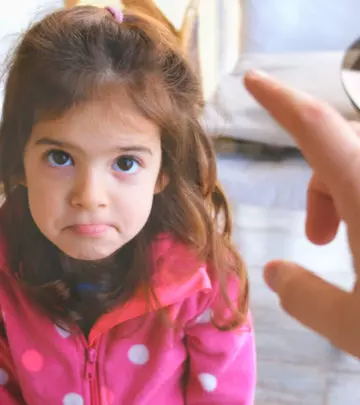
Image: Shutterstock
It has been observed that parents are increasingly involved in their children’s lives in recent decades. This is good news for psychologists and educators since it indicates that parents now take their child’s upbringing very seriously. However, even the most conscientious parent is not immune to making mistakes. For instance, careless and ill-considered word choices might negatively impact a child’s mental health. Here in this article, we have discussed some common phrases passed on through generations that might have a long-lasting negative influence on children. Read on to know them all.
1. You Look So Beautiful
Image: Shutterstock
Experts in psychology advise parents not to praise their children for how beautiful their physical features are. A child may believe that physical perfection is the ultimate goal and focus on their minor flaws as they mature. As a result, they can end up with a tone of complexity and waste time doing useless things. Instead, as a parent, you should encourage them to utilize their time to grow as a person and develop their talents.
2. When I Were Your Age, I Used To…
Image: Shutterstock
A child feels terrible whenever someone compares them with others, even if it’s their own parents. This is because the bar is magnified when parents are held up as examples of how adults should act. The child’s self-esteem is damaged by comparisons, and they may even hide from their parents due to the stress and disappointment they think they might cause.
3. Do Not Do That! It’s Risky!
Image: Shutterstock
It’s natural for parents to be anxious and concerned about their children. However, the Peter Pan Syndrome develops in children whose parents are overprotective out of a desire to keep them safe at all costs (1). People above 30 with this disorder act like children and refuse to mature. It’s tough for them to start a family since they don’t want to settle down and take up responsibilities.
4. You Are Far Better Than Them
Image: Shutterstock
Children have a tendency to accept the adult worldview. That’s why it’s not healthy, even for inspiration’s sake, to shower your children with excessive praise and try to convince them they’re special. This allows them to cultivate their own narcissism.
5. I Warned You!
Image: Shutterstock
Your kids will not benefit from hearing you brag about how you anticipated the outcome of their actions. Instead, they should be able to draw on their own experiences to understand that riding a bike involves concentration and caution and that jumping in puddles will leave them dirty and chilly. Praising the child for making the correct choices and persevering through adversity is preferable to showing that you’re aware of the repercussions.
6. I’m Leaving You Here
Image: Shutterstock
The phrase “Ok, you stay — I am leaving!” is commonly heard from parents when their children refuse to return home following a stroll or other outing. A child’s attachment to their parents as a safe haven might be damaged if they are frequently and openly threatened with abandonment. If your child is being disrespectful, distract them by telling them you’ll see plenty of cool cars or by suggesting they keep track of how many dogs and birds they see on the way back home.
7. Don’t Do This
Image: Shutterstock
Unfortunately, telling a child, “Don’t do it!” isn’t effective in changing their behavior. They can’t help but keep swinging, gauging puddle depth, and sand-throwing. Instead, words and phrases that are neutral in tone and help you reach your goal should be your primary focus. For example, instead of saying, “Don’t jump into that puddle!” you may say, “Please go around this puddle,” and then lead by example. In due time, you’ll be satisfied with the outcome.
8. You Are No Longer A Child
Image: Shutterstock
Even well-adjusted individuals might experience unreasonable fears. The fact that adults may find children’s worries amusing doesn’t imply they should be disregarded. A careless remark to a distressed kid demonstrates that the adult does not take their feelings seriously. It’s more appropriate to show compassion and stand by your child.
9. Our Financial Situation Is None Of Your Concern
Image: Shutterstock
Many parents find it difficult to discuss money matters with their kids. But, of course, they need to. Children are perceptive and may attribute to the family’s financial woes if they don’t understand the problem. If a child grows up believing falsehoods about the world, they may become a workaholic who never takes any risks with their finances out of fear of spending too much. The other possibility is that they develop an uncontrollable spending habit and become spendthrifts.
Children are probably the most sensitive of all humans, and everything you say and do is overanalyzed by them. But of course, even after following a long list of dos and don’ts, you are bound to make mistakes, but that doesn’t mean it is not irreversible. Make sure you talk to your child, understand their perspective, and apologize when you are wrong. A little one-on-one with your little one goes a long way in building their self-esteem.


